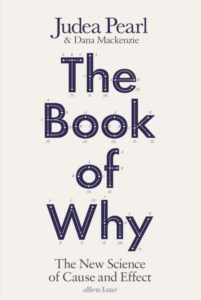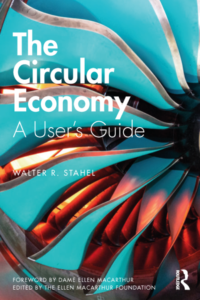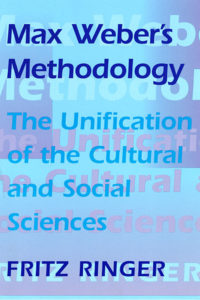
Literary Reference October 2019
„The Book of Why“, Judea Pearl and Dana Mackenzie, Penguin Books

This book is a jewel arguing systems thinking. It is easy to read and feeds the hunger for more. Judea Pearl is a world-renowned Israeli-American computer scientist and philosopher, known for his world-leading work in AI an the development of Bayesian networks, as well as his theory of causal and counterfactual inference. Judea Pearls book is an easy read even the subject is not. Judea argues that the ability to reflect on ones’s past actions and envision alternative scenarios is the basis of free will and social responsibility. People, who share the same causal model will also share all counterfactual judgments. The question why we share causal models, how the evolve and disappear is answered. Pearl was one of the visionary leaders of the causal revolution and provides conceptual tools that are needed to judge just what big data can and cannot deliver to answer the global questions that we have. Pearls argues that thinking machines with the same cognitive abilities as humans, which include empathy, long-term prediction, and self-restraint could take their own decisions.
The Circular Economy – A User’s Guide, Walter R. Stahel, Routledge
 A circular economy seeks to rebuild capital, whether this is financial, manufactured, human, social or natural and offers opportunities and solutions for all organisations. This book, written by Walter Stahel, who is widely recognized as one of the key people who formulated the concept of the circular economy, is the perfect introduction for anyone wanting to quickly get up to speed with this vitally important topic for ensuring sustainable development. I sets out a new framework that refines the concept of a circular economy and how it can be applied at industrial levels. This concise book presents the key themes for busy managers and policy-makers and some of the newest thinking on the topic of the circular economy from one of the leading thinkers in the field. Practical examples and case studies with real-life data are used to elucidate the ideas presented within the book.
A circular economy seeks to rebuild capital, whether this is financial, manufactured, human, social or natural and offers opportunities and solutions for all organisations. This book, written by Walter Stahel, who is widely recognized as one of the key people who formulated the concept of the circular economy, is the perfect introduction for anyone wanting to quickly get up to speed with this vitally important topic for ensuring sustainable development. I sets out a new framework that refines the concept of a circular economy and how it can be applied at industrial levels. This concise book presents the key themes for busy managers and policy-makers and some of the newest thinking on the topic of the circular economy from one of the leading thinkers in the field. Practical examples and case studies with real-life data are used to elucidate the ideas presented within the book.
The Unification of the Cultural and Social Sciences, Fritz Ringer, Havard University Press

At a time when historical and cultural analyses are being subjected to all manner of ideological and disciplinary prodding ang poking, the work of Max Weber is especially relevant. Fritz Ringer offers a new approach to his work. According to Ringer, Weber was able to bridge the intellectual divide between humanistic interpretation and causal explanation in historical and cultural studies in a way that speaks directly to our own time, when methodological differences continue to impede fruitful cooperation between humanists and social scientists. Max Weber delivered key arguments for applying systems thinking methodologies and points out how the German “Bildungsbürgertum” reduced their own modern mindset thinking abilities.



No Comments